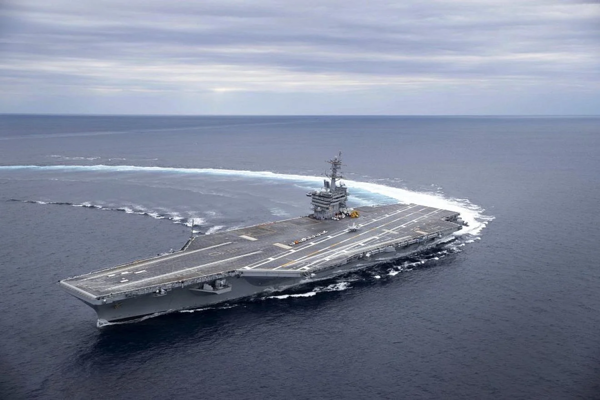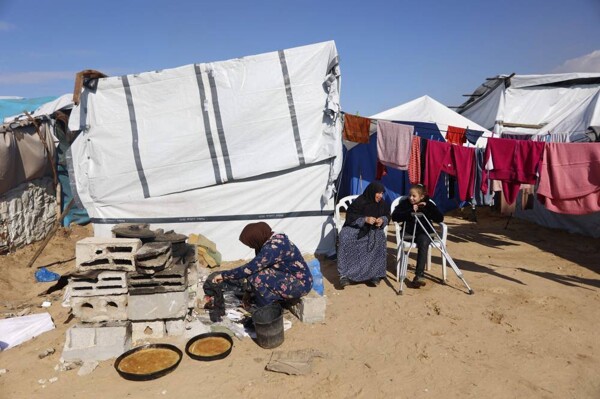
In an Israeli army war room, reservist Michael Ofer Ziv decided not to return to Gaza after witnessing the growing lack of humanity in military actions. Michael recounts how he heard expressions like "there are no innocents in the Strip" and observed a marked desire for revenge among his peers and a lack of progress towards peace from the Government.
Voluntarily suspended from the Army, Michael is one of 130 reservists who publicly refused to return to the enclave. In an interview with EFE, he reveals that during his service, there was a debate about whether to attack Palestinian civilians, despite the possibility that they might be innocent. This moral dilemma was compounded by the mistaken killing of three hostages during his service.
Michael's signature on a letter addressed to high-ranking Israeli officials, demanding an agreement to release the hostages in Gaza, is part of a movement of more than 130 soldiers who refuse to return until they see real progress on this issue. The failure of previous attempts to rescue the captives has led these reservists to express their discontent and lack of trust in governmental strategies.
The platform Refuser.org, which supports conscientious objectors, indicates that the number of public deserters in Israel has increased to 165 since the beginning of the conflict. While Netanyahu's government continues its offensive, some citizens question the lack of progress towards clear objectives and accuse the Prime Minister of prolonging the conflict for personal interests.
Michael's story and his decision not to return to Gaza reflect the discontent and disillusionment of soldiers and Israeli citizens with the prolonged conflict situation in the region. The lack of progress on humanitarian issues and the perception of political motivations have led to a growing number of soldiers to defy orders and express their opposition to participating in the war.














